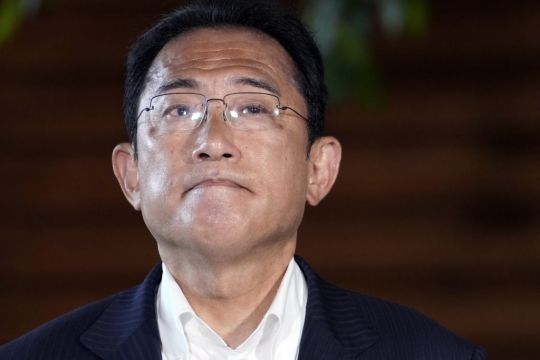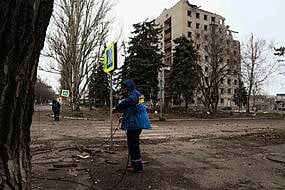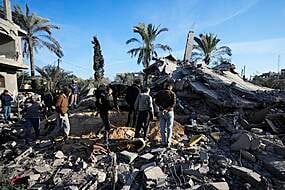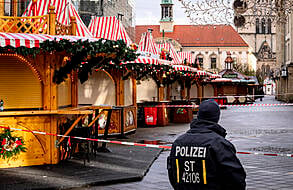Japanese prime minister Fumio Kishida has instructed his government to consider developing safer, smaller nuclear reactors – signalling a renewed emphasis on nuclear energy years after many of the country’s plants were shut down.
Mr Kishida made the comment at a “green transformation” conference on bolstering the country’s efforts to curb emissions of greenhouse gases.
Japan has pledged to reach carbon neutrality by 2050.
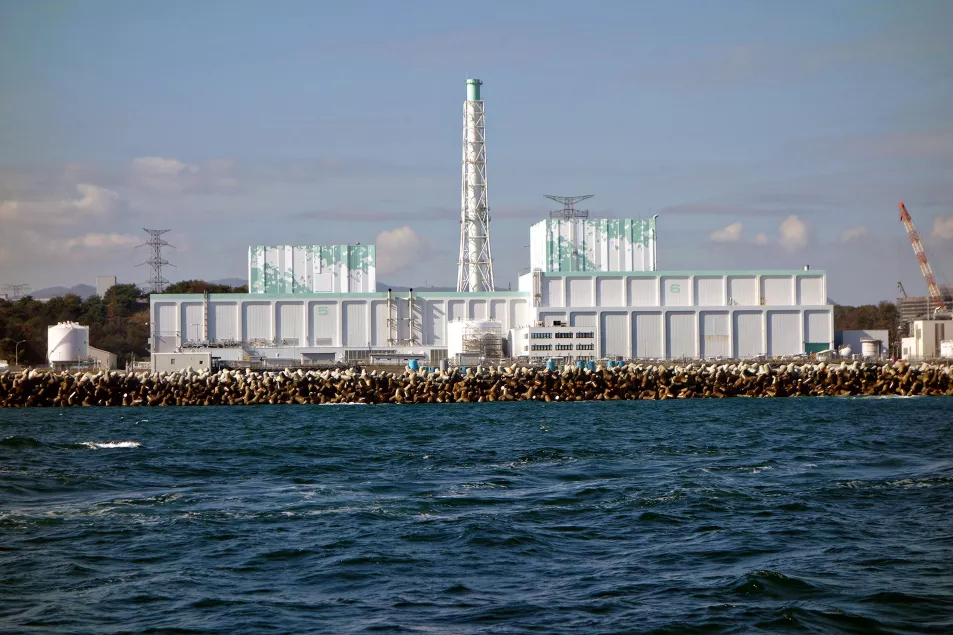
Anti-nuclear sentiment and safety concerns rose sharply in Japan after the 2011 Fukushima nuclear plant disaster, but the government has been pushing for a return to nuclear energy amid worries of power shortages following Russia’s invasion of Ukraine and a global push to reduce greenhouse gas emissions.
The government, however, previously insisted it was not considering building new plants or replacing aged reactors.
Mr Kishida’s comment on Wednesday represents a sharp change from that stance.
Most of Japan’s nuclear power plants were taken off-line following the Fukushima accident for safety checks under tightened standards.
The government has already announced plans to restart up to nine reactors by winter to cope with the energy crunch.
It aims to restart seven other reactors by next summer and extend the operational life of aging reactors.
